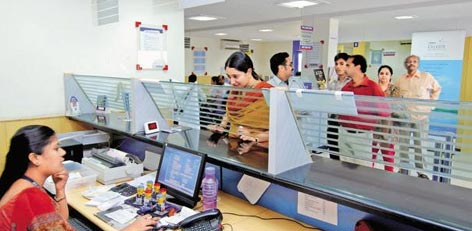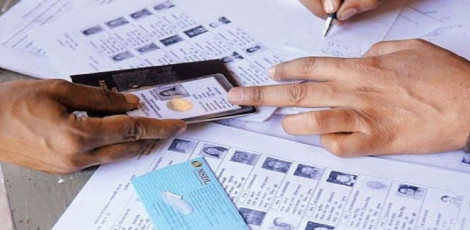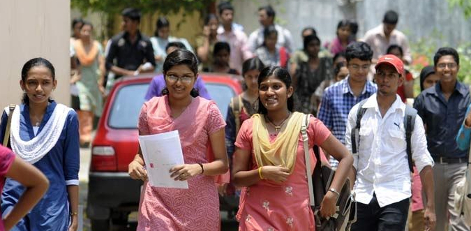RBI strike and holidays, September first week may have bank service disruptions
Posted on: 31/Aug/2018 10:21:20 AM

Rumors spread all across the social media about the closure of the banks in the first five days of September. But according to the direct report from National Organization of Bank Workers Vice President Ashwani Rana the banks will largely remain open in most parts of the country and there will be no disruptions in the functioning of ATMs. He also mentioned the holidays and strikes will not stop all the banks� operations and transactions in the first week of September.
The earlier reports from the press and social media threatened people about the sudden closing of the banks in the first week of September. The real reason for the rumor is the strike announce by Reserve Bank of India (RBI) employees owing to the demand of Provident Fund and Pension schemes. The mass casual leave by the RBI employees will go on from September 4 to 5, 2018.
Most of the country�s banks operate on first Saturdays with few exceptions. Some banks have an half a day leave on Saturdays which may lead to some closing of banks on September 1. Most of the banks in India do not operate on Sundays and September 2 marks the Janmashtami holiday in northern parts of India. With this the bank strike announced by United Forum of Reserve Bank Officers and Employees (UFRBOE) as the RBI employees are going for a two-day mass casual leave on September 4 and 5. The consolidated banking closures may affect few banks of the central and other stated but will never create mass inconvenience for public said the sources of National Organization of Bank Workers.
The main demand from United Forum of Reserve Bank Officers and Employees forum is to create an option of Contributory Provident Fund (CPF) for switching to pension scheme. Also additional provident fund is demanded for the employees who joined after 2012.
With these events the ATM transactions and refilling, FD renewal, money market operations and treasury operations may get disrupted. Online banking operations are likely to operate without any disturbances. The best advice for people is to directly check with the respective banks for planning ahead the financial transactions.







